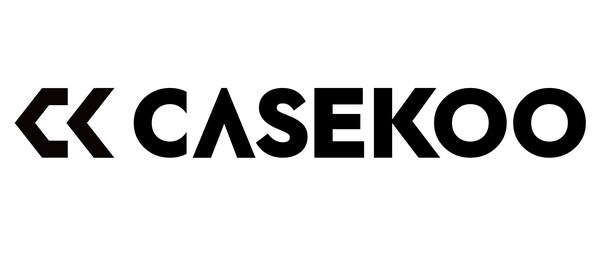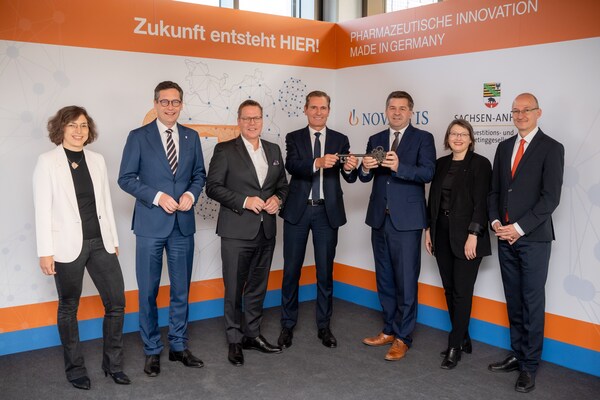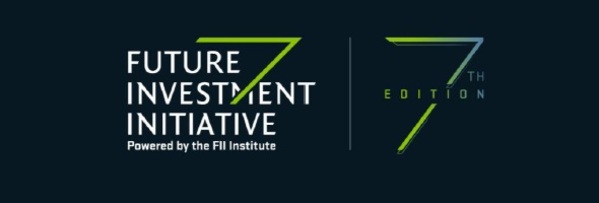 |
Adoption of GaN & digital controller in new design helps engineers improve power density, conversion efficiency, dynamic response and reliability
TAIPEI, March 2, 2023 /PRNewswire/ -- Texas Instruments (TI) (NASDAQ: TXN), a leader in high-voltage semiconductor solutions, today announced that LITEONLITEON Technology has selected TI's highly integrated gallium nitride (GaN) field effect transistor (FET) plus C2000TM real-time microcontrollers (MCUs) for its latest high-performance server power supply unit (PSU) for the North American market. Leveraging TI's LMG3522R030 GaN FET and a TMS320F28003x C2000 real-time MCU, the newly commercialized PSU offers power density of over 95 W/in³ and meets 80 Plus Titanium standards.
"Our collaboration with LITEON demonstrates how TI is helping designers answer the demands of high-voltage systems with end-to-end system know-how and a specialized portfolio of high-voltage semiconductors. By pairing the power of TI GaN products and C2000TM real-time MCUs, designers can better meet the demands for smaller, more reliable systems," said Luke Lee, TI's vice president for Asia and president for Taiwan, Korea and South Asia.
LITEON Technology is a global leading provider of power management solutions, offering highly-efficient power supplies for data centers. "LITEON has been the leader in server power supplies and has faced the challenges of new technology with innovative solutions. High-performance servers increasingly demand more power in less space, where high power output, conversion efficiency, miniaturized components and heat dissipation are critical challenges. TI's GaN technology and C2000 real-time MCUs perfectly suit our solutions," said John Chang, LITEON's general manager of the Cloud Infrastructure System and Platform division.
Enabling efficient power supply design
Data centers, telecom equipment and many industrial applications are increasingly requiring larger power supplies, while also requiring reduced system size, weight, environmental impact and cost. This has challenged engineers to find new ways to reach higher power levels, in the same or smaller form factors, while also enhancing thermal performance. To address these power density challenges and requirements for future power supplies, LITEON leveraged TI GaN and C2000 real-time MCUs to achieve a flexible daughter-card design. The design also helps engineers shorten project design cycles by allowing them to scale the design to different power supply requirements.
LITEON design engineers collaborated with TI experts to accelerate the adoption of GaN technology in their PSU design, working together to optimize the power loop and daughter card layout. Additionally, LITEON leveraged TI's expertise in power FET and controller design to improve the reliability of the PSU through comprehensive system-level verification. The flexible high-resolution pulse-width-modulation (PWM) actuation from TI's C2000 real-time MCUs and GaN also helps engineers enable high switching frequency, advanced topologies, and switching schemes. To learn more about pairing TI GaN FETs and C2000 real-time MCUs, read the white paper "Achieve Power-Dense and Efficient Digital Power Systems."
To learn more about LITEON's newly released power supply design, see https://www.liteon.com/en-us.
For more information on TI's high-voltage technology, see https://www.ti.com/technologies/high-voltage.html.
About Texas Instruments
Texas Instruments Incorporated (Nasdaq: TXN) is a global semiconductor company that designs, manufactures, tests and sells analog and embedded processing chips for markets such as industrial, automotive, personal electronics, communications equipment and enterprise systems. Our passion to create a better world by making electronics more affordable through semiconductors is alive today, as each generation of innovation builds upon the last to make our technology smaller, more efficient, more reliable and more affordable – making it possible for semiconductors to go into electronics everywhere. We think of this as Engineering Progress. It's what we do and have been doing for decades. Learn more at TI.com.
 2 years ago
635
2 years ago
635 






 English (United States)
English (United States)